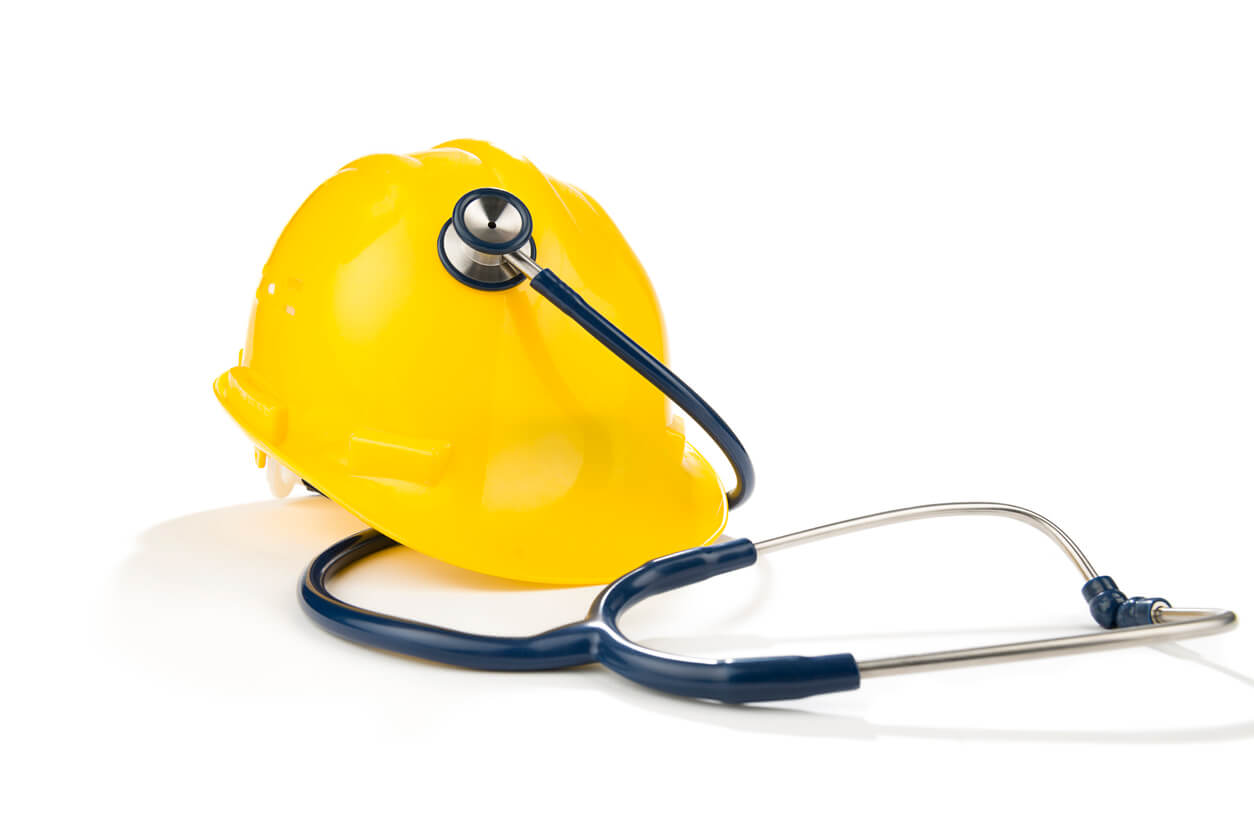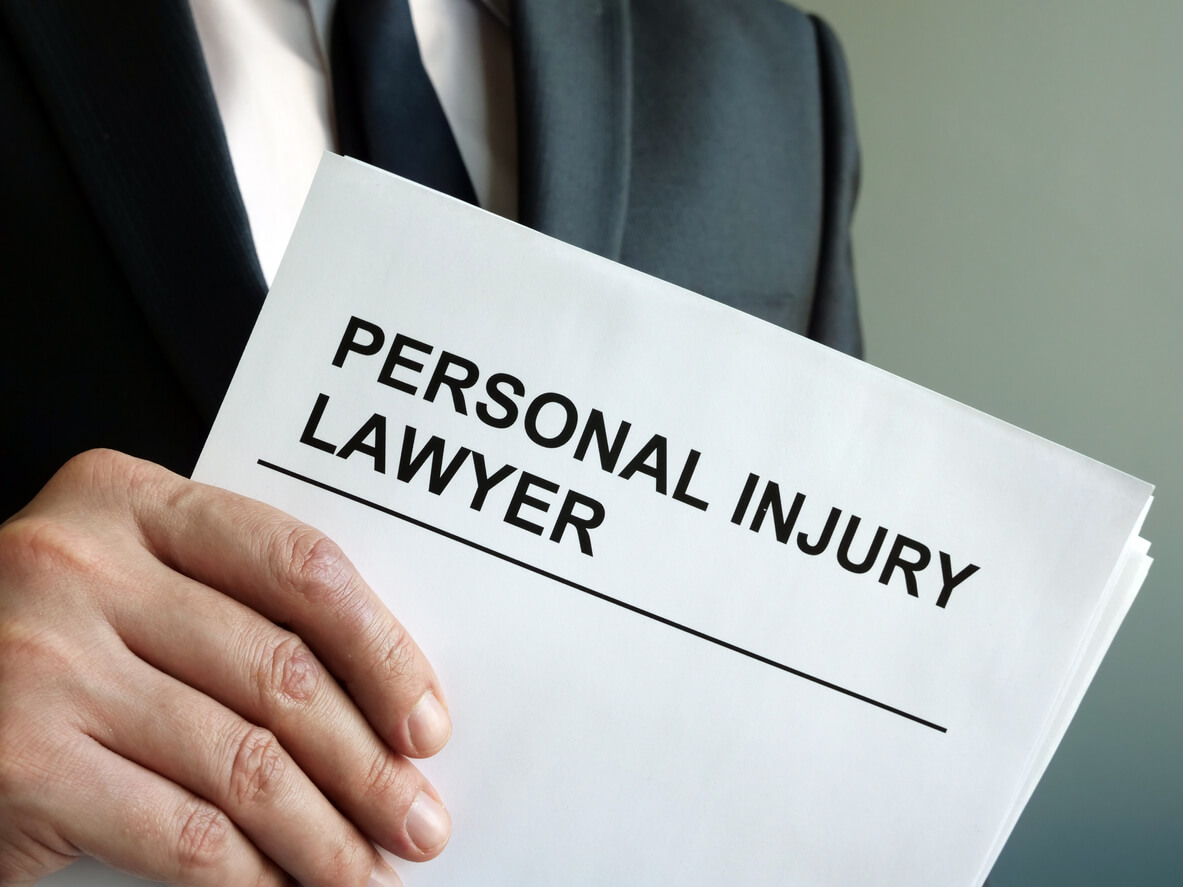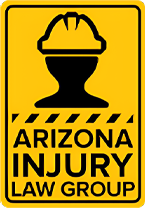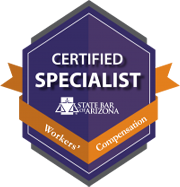|
|
Last Modified on May 16, 2023
ABOUT TORT LIABILITY
About a century ago and before workers’ compensation was ever thought of, workers only had one recourse to compensation for injuries and losses. The injured could file a tort case against the employer and usually win the case. That is until negligence became the basis of defining whether an injury was a case of negligence by the employer or other work-related person.

Now that workers’ compensation benefit programs exist (since 1908) to help workers get through recovery and time off the job, this makes it easier for employers to take care of injured employees without going bankrupt because of a court ruling requiring a huge compensatory payout in a tort case. As part of providing workers’ compensation to employees, this also ensures that employers will not be sued because of something that went wrong with a machine, a vehicle, a lack of maintenance, or some other such problem, which led to an on-the-job accident. There are other regulatory entities that handle such cases, one being the Occupational Safety and Health Administration (OSHA).
INTENTIONAL TORT OR NOT?
Intent to injure someone is an intentional tort. It is also very hard to prove unless there are witnesses to the event who independently claim during questioning that the injurer was going after a person who was subsequently injured by the injurer’s actions. For example, Bob and Jack work on a scaffold, one level up at eight feet above the ground, and the two get into an argument. Bob, in anger, pushes Jack away from him and Jack loses his balance and falls to the ground.
Jack sustains back and heads injuries. Jack will receive workers’ compensation benefits for his injuries, but he could also file a case of intentional tort against Bob, especially if there are witnesses to the event. Jack would not be able to file against his employer, however, as he is on workers’ compensation. Bob would, most likely, be fired on the spot for such behavior, regardless of who started the argument. Bob could also go to jail on charges of attempted murder.
DIFFERENCE BETWEEN INTENTIONAL TORT AND A PERSONAL INJURY CASE
An intentional tort is specific in that a person was targeted by the commission of a certain action. It can be a personal injury committed on a person or it could be intentional damage done to your vehicle, your house, or other owned property.
In personal injury cases, there can also be intentional tort involved, but most cases are based on a tort of negligence, such as not paying attention while driving and causing an accident. Here is one sample scenario.
George is driving his car to work and is in the left lane. A delivery truck in the right lane, just as George catches up to the truck, begins turning into a left turn of a crossroad. There was no warning left-turn signal from the truck and George was just about to pass the truck. The collision knocked George’s car in such a manner that it rolled and bounced several times before stopping upside down.
George was severely injured in the accident and the car was totaled. George, after several years of working with his lawyer and doctors on the case, finally received compensation from the employer who owned the delivery truck. Luckily, there were CCTV recordings from the area available that showed how the accident occurred, including the lack of a turn signal and the fact that the driver did not look left first when turning left.
WHEN TO SEEK HELP
If your injuries are due to a complex work-related accident, call an Arizona workers’ compensation attorney right away to get the help you need. You will want to file a claim first so you can receive benefits for living expenses and for your medical bills. Your attorney can also advise you of your rights and whether, if there is a third party involved, you also need an attorney who can help you with a tort of intention or of negligence.

If your company is hired out to work at a site and you are injured there because of negligent maintenance of machines that are faulty and caused your accident, then here is the order of actions you would take.
- File your workers’ compensation benefits claim with your employer so you can receive your compensation as soon as possible,
- Ask what lawyer you should see, if you were injured at another workplace, based on the circumstances surrounding your accident,
- Gather all your evidence related to both cases and file everything in one place so you can easily access your information when needed,
- See your personal injury attorney to find out if your case will hold up in court, and take it from there.
Arizona Injury Law Group offers experienced and Certified workers’ compensation lawyers and legal services for injured workers. Call for your free consultation! 602-346-9009.







